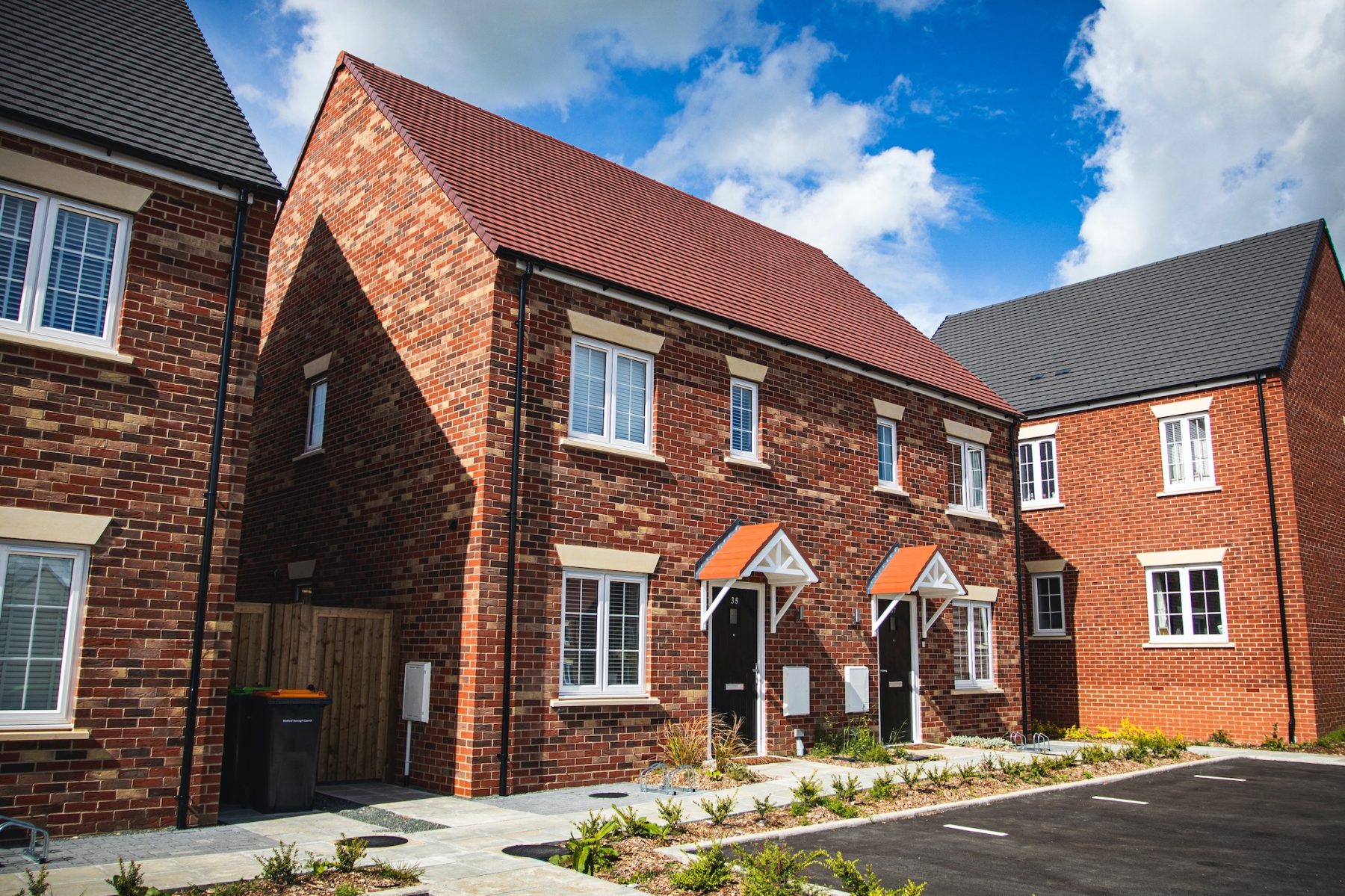
Extending a lease involves prolonging the period of time a leaseholder has the right to occupy a property. This process is typically relevant to leasehold properties, where the ownership is subject to a lease agreement with a specified term. Extending a lease can have financial and practical benefits for the leaseholder. Here’s a breakdown of the key aspects:
Lease Length: A leaseholder should first determine the current length of their lease. The process of extending a lease becomes more complex and potentially more costly as the lease term diminishes.
Eligibility: To qualify for a statutory lease extension, the leaseholder must meet certain criteria:
– The property must be a residential property.
– The leaseholder must have been registered as the owner for at least two years at HM Land Registry.
– The original lease must have been for a term of at least 21 years.
– The property cannot be a shared ownership property or a National Trust lease.
Statutory vs. Informal Extension: Leaseholders can generally choose between a statutory or an informal (negotiated) lease extension. Informal extensions involve direct negotiations between the leaseholder and the freeholder. Statutory extensions are governed by specific legal procedures outlined in relevant legislation, providing a structured process.
Leasehold property: Extending, changing or ending a lease – GOV.UK (www.gov.uk)
Notifying the Freeholder: If opting for a statutory extension, the leaseholder typically starts the process by serving a formal notice on the freeholder. This notice expresses the intention to extend the lease and includes proposed terms.
Valuation: As part of the statutory process, a qualified surveyor may assess the property to determine the premium, which is the amount the leaseholder pays to the freeholder for the lease extension.
Negotiation (Informal Process): In an informal extension, the leaseholder and freeholder negotiate the terms directly, including the premium and any other conditions. This approach can be more flexible but requires mutual agreement.
Premium Payment: The premium is a key component of the lease extension cost. It is often based on factors such as the property value, the remaining lease term, and the ground rent.
Legal Fees and Costs: Leaseholders should be prepared for additional costs, including legal fees, valuation fees, and, in some cases, the freeholder’s reasonable costs.
Lease Terms: The extended lease will typically be on the same terms and conditions as the original lease, except for the length of the term.
Registration: Once the lease extension is completed, it will need to be registered with the Land Registry. Consent of any lender may be required for the lease extension.
Leaseholders considering an extension are encouraged to seek professional advice, including legal and valuation expertise.
This article is intended for guidance only and does not constitute legal advice – 2024
Trainee Licensed Conveyancer

Partner
